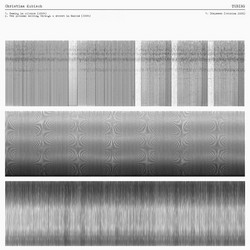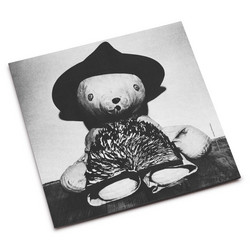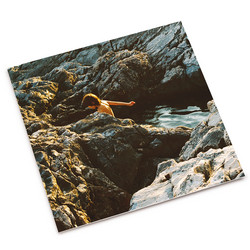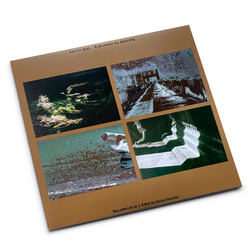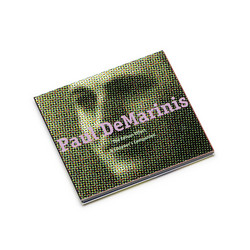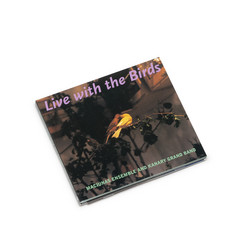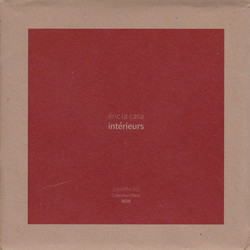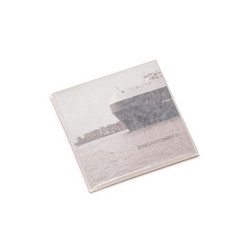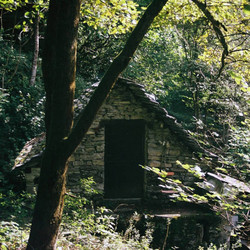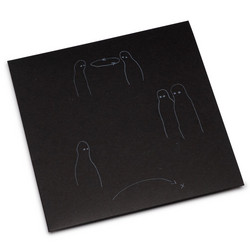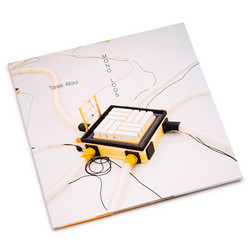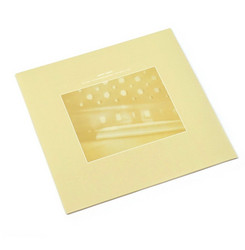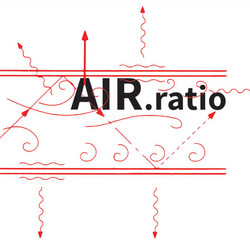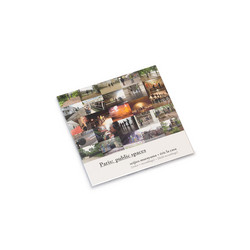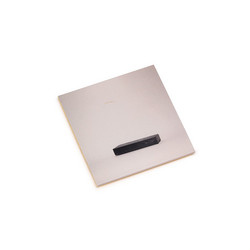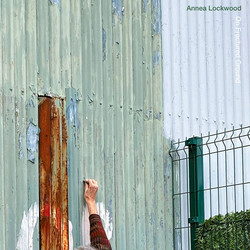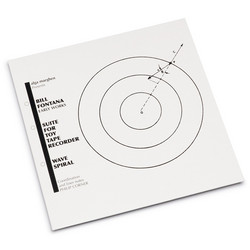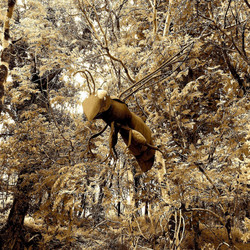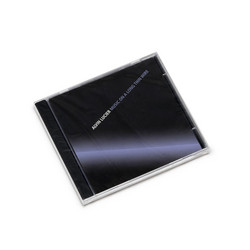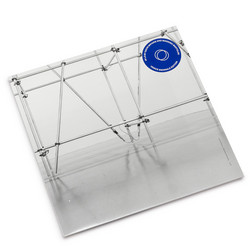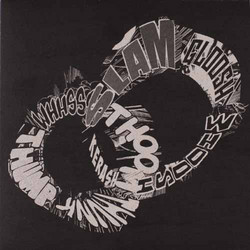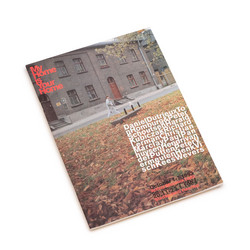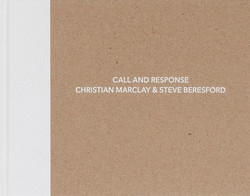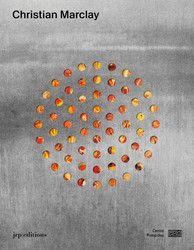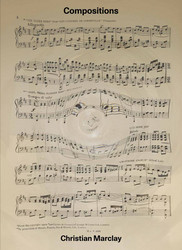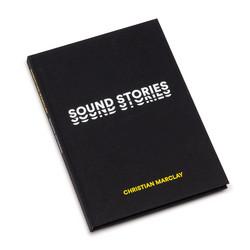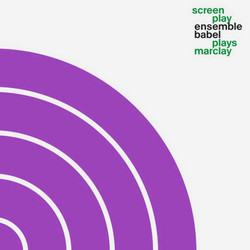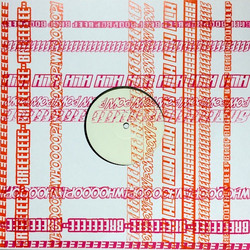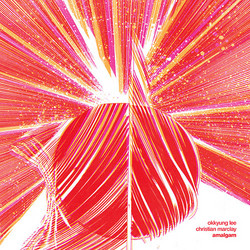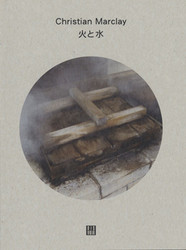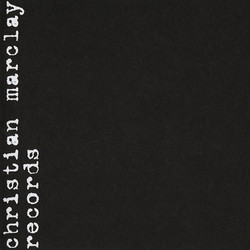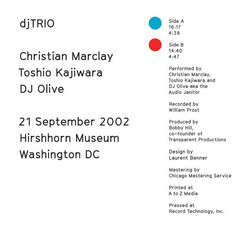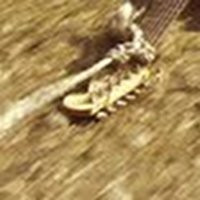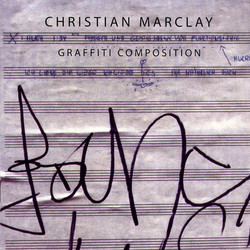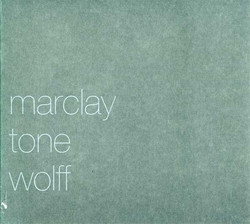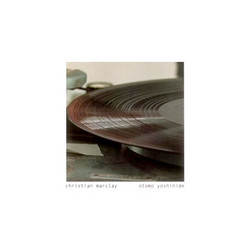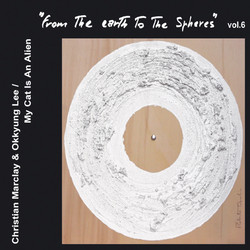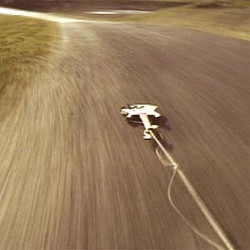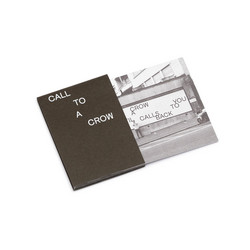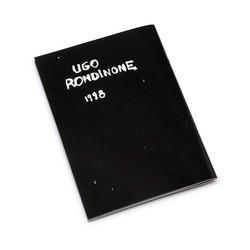** Edition of 300. One time pressing. No digital. ** In 1934, Swiss engineers completed the Chandoline Hydroelectric Plant, channeling Alpine water through 16 kilometers of concrete pipe. By 2023, the turbines had stopped. The plant was empty, silent - a cathedral to obsolete energy with perfect acoustics and nothing left to say. Christian Marclay saw an instrument. For the inaugural Biennale Son in 2023, the artist who made his name destroying vinyl in 1980s New York turned the entire hydroelectric system into a playable object. The concept: open a manhole 4.5 kilometers uphill, drop something in, wait for sound to travel through the mountain. Steel bearings didn't work—too heavy, wrong frequency. So Marclay used golf and tennis balls donated by local clubs. The Valais School of Art rigged the turbine hall with microphones. Then the balls dropped.
Seconds of silence. Then: tumbling, bouncing, accelerating through kilometers of concrete. Not one ball but many, building into something between avalanche and applause as they hit the hall below. Marclay directed remotely, releasing volleys like a percussionist striking a drum the size of a small town. The pipe amplified everything - pure mountain reverb, no processing, just 1934 engineering singing its swan song. The recording, mixed with Alain Renaud, is the Biennale Son's first vinyl release. Side A: fifteen minutes of cascading spheres, industrial archaeology as living sound. Side B: an engraved portrait of Marclay. Unplayable. The performance happened once. The pipe spoke. That's enough.
This is quintessential Marclay - the artist who built the Phonoguitar (1983), scattered records to be crushed underfoot (Footsteps, 1989), won Venice's Golden Lion with The Clock (2011), collaborated with Sonic Youth and John Zorn, and has spent his career proving that everything is already an instrument. Mountains. Vinyl. Film. Time itself. You just need to know where to listen - or where to drop the ball. Always the same question: what music do objects make when you know how to listen? Here, the answer is gravity plus concrete plus expired sporting goods equals something you've never heard before. Conduite forcée means "penstock" but translates as "forced conduct" - water compelled through pipe, sound through space, music from infrastructure. Limited edition. One pressing. No digital. Just the grooves and the ghost of Switzerland's hydroelectric past, pressed into vinyl like water in a sealed pipe. Mountains as instruments. Golf balls as notes. A decommissioned power plant's final performance, conducted by one of contemporary art's most inventive listeners.
![data-cosm [n°1]](https://cdn.soundohm.com/data/products/2026-02/ikedda-data-cosm-1-jpeg.jpeg.250.jpg)
